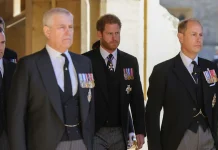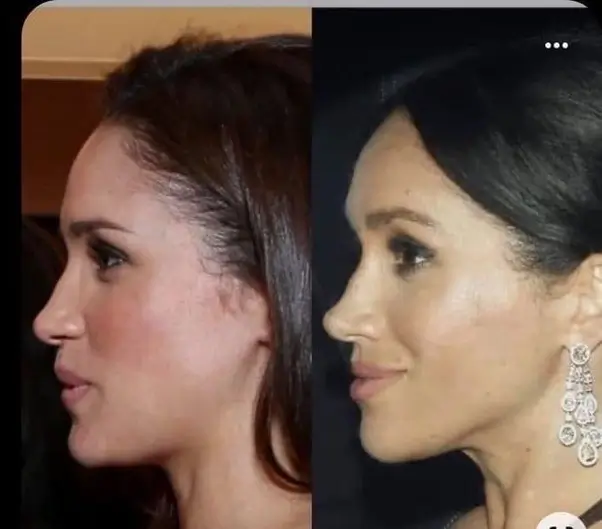According to The Times, the Queen Mother established a family trust fund in 1994 for her great-grandchildren, when Harry was just 10 years old. She is believed to have deposited £19 million into the fund, with Harry entitled to a portion of it upon turning 40.
It’s thought that the Queen Mother structured the inheritance this way to help her great-grandchildren avoid paying inheritance tax. Reports at the time indicated the funds were to be distributed in two installments: one at the age of 21, and the second at 40.

While the exact amount each grandchild was set to inherit remains private, it’s believed Harry was expected to receive more than his brother, Prince William, due to William’s inheritance of the Duchy of Cornwall when he became the Prince of Wales. Various UK outlets previously reported that both brothers received £6 million at age 21, with Harry receiving the larger share. An additional £8 million was reportedly reserved for them at 40.
Harry shared a close bond with his great-grandmother, affectionately calling her “Gan-Gan.” In a 2023 interview with Tom Bradby after the release of his memoir Spare, he reflected fondly on their relationship.
Harry recalled, “I had a proper laugh with my Gan-Gan then. She was so close to my father, and while I didn’t think much about it at the time, writing this book brought back so many memories.” He also cherished their bond, recalling a special evening when they connected over a gin cocktail.

The Duke penned: “I’d never had a cocktail in front of my family, so this would be an event. A bit of rebellion. Empty rebellion, it turned out. No one cared. No one noticed. Except Gan-Gan. She perked up for a moment at the sight of me playing grown-up, gin and tonic in hand. I sat beside her.
“Our conversation started out as lively banter, then evolved, gradually settling into something deeper. A connection. Gan-Gan was really speaking to me that night, really listening. I couldn’t quite believe it. I wondered why. Was it the gin?
He added: “I wish I could recall specifically what we talked about. I wish I’d asked more questions and jotted down her answers. She’d been the War Queen. She’d lived at Buckingham Palace while Hitler’s bombs rained from the skies (Nine direct hits on the Palace).
“She’d dined with Churchill—wartime Churchill. She’d once possessed a Churchillian eloquence of her own. She was famous for saying that, no matter how bad things got, she’d never, ever leave England, and people loved her for it. I loved her for it.”












